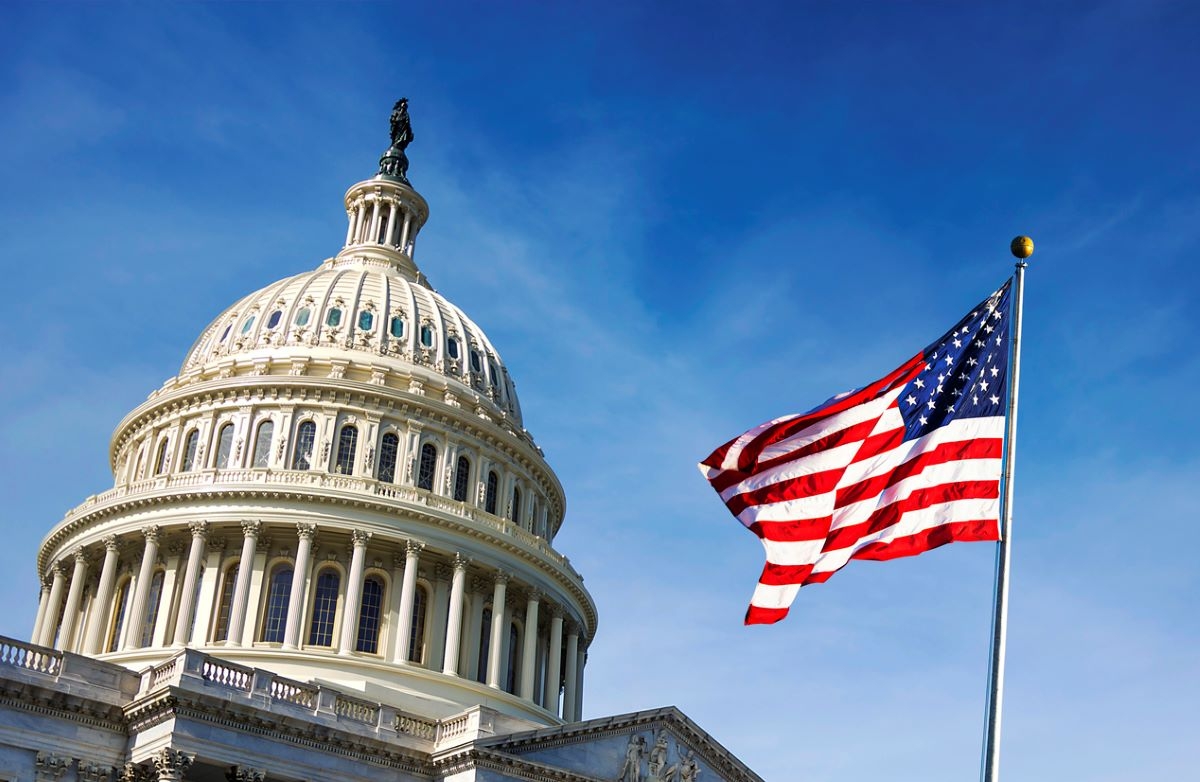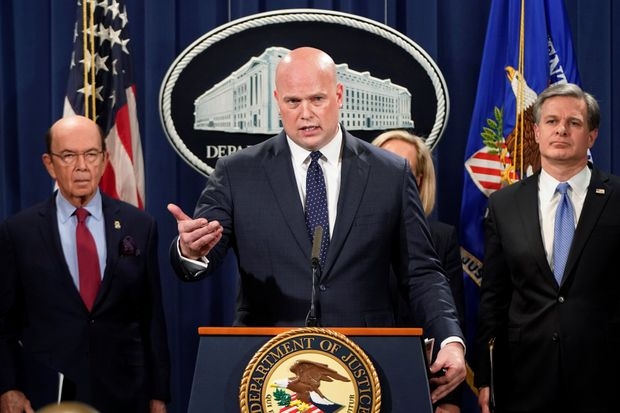
G8 and G20: Steph Davidson’s Final Thoughts
The headlines beckon to newsstand passersby: “Budget watchdog probing summits’ $1-billion price tag,” “Tories defend $2M fake lake,” “Faux Canada,” “Summit security, $1B; fake lake, $57K; jokes, priceless.” The press, the opposition and public alike have spent the months leading up to June’s G8 and G20 – in Muskoka and Toronto respectively – decrying the growing cost of hosting the world summits while the government defends its decisions down to the last dime.
Harsh critique of government spending is hardly a new trend, but it seems have gone into overdrive regarding the summits. “There is often a strong reaction to the amount of money spent by the host country,” Jenilee Guebert, research director of the G8 and G20 Research Groups at the University of Toronto, says. “But it often only comes in the host country.”
According to a report released by the group on June 4, tallying up a final cost for G8 and G20 summits is difficult, as the factors are as varying as “already available facilities at the summit sites, regular and overtime salaries, accommodations, travel expenses, meals, security, technology, infrastructure, communication and service staff.” The report also points out that some host countries benefit from existing facilities, and some of the costs can become ‘lost’ in the different ways the hosts report their spending.
Previous summits in Canada have cost taxpayers a pretty penny: $5.5 million in 1981, between $20 and $29.3 million in 1988, $192-300 million in 2002 and an estimated $1.1 billion this year (all figures CDN).
This year’s price tag includes a whopping $933 million in security alone, but Canada appears to be in good company on that end: most of the host countries report well over half their summit expenditures were on security (with some as high as 90 per cent).
Guebert says countries often justify this spending as an opportunity to showcase areas or regions of their country on the world stage (particularly ones that aren’t already well known).
While the benefits of the massive summit spending are equally hard to quantify, the research group has separated them into four general categories: “1) the immediate, visible short term stimulus of higher spending at hotels, restaurants and shops; creation of temporary jobs; 2) longer term economic benefits such as increased tourists and investment that come from increased global name recognition from the knowledge of the host location, media and advertising coverage; 3) new permanent, public infrastructures and upgrades; and 4) the training for security forces and other first responders to prevent and react to mass emergency events.”
Smaller, lesser-known cities such as Huntsville, reap more rewards from hosting than cities such as Toronto, which already has a higher world profile.
The report suggests that Hunstville has already seen a “substantial economic boost.” Of the $1.1 billion, about $50 million has been earmarked for the G8 Legacy Infrastructure Fund, which the group claims has been used for things such as road upgrades, signage, office buildings, etc., which fulfills three of the four aforementioned categories. Prime Minister Stephen Harper and Huntsville Mayor Claude Doughty have both been touting the cost versus reward to the Huntsville area in the press leading up to the event. The G8 summit alone is officially expected to generate $300 million in economic benefits.
The 2002 G8 summit in Kananaskis, Alberta (with a media centre in Calgary) cost somewhere between $192 to $300 million, according to the report. The Calgary Herald reported just before the summit that it would “create the equivalent of 1,500 ‘full-time’ jobs in the Calgary region and a total of 1,800 jobs in Alberta, worth more than $499.5 million in wages and salaries for the province. Tax revenue from G8 related spending will exceed $50 million, with $29.7 million going to Ottawa, $15.5 million to Alberta and $5.1 million to Calgary and other local municipalities.”
While the press and taxpayers criticized government spending for this summit as well, costs were scaled back in comparison to the 2000 summit in Okinawa, Japan. Guebert says rather than trying to out do the previous host, “ Each country deals with summits in their own way. They do not necessary always try and up one another. For example, the summits following Okinawa in 2000 were much less expensive.”
As noted by Global Maritimes,“The G20 summit is expected to generate about $100 million in economic activity for Toronto . . . After taking several questions on security preparations, Tourism Toronto president David Whitaker sought to steer journalists back to a discussion about “celebrating” what the city had to offer.” It is to the government’s advantage to keep the press focused as much as possible on the benefits, and not on the amount of taxpayer dollars being used to fund extravagant meals, conference and meeting costs and of course, man-made lakes. If the coverage leading up to the summit is any indication, the cliché that all press is good press does not hold true in this situation.









